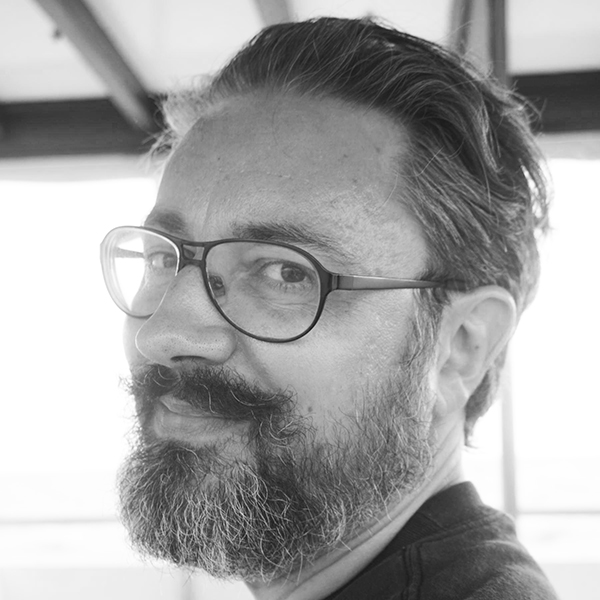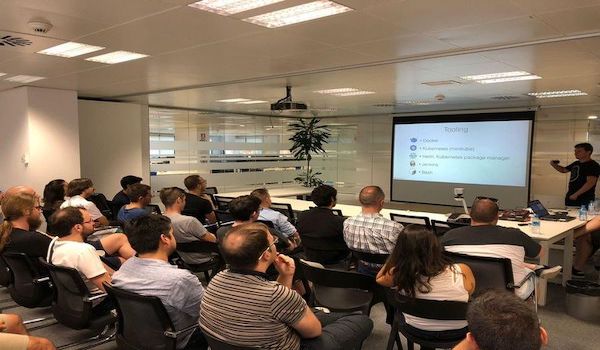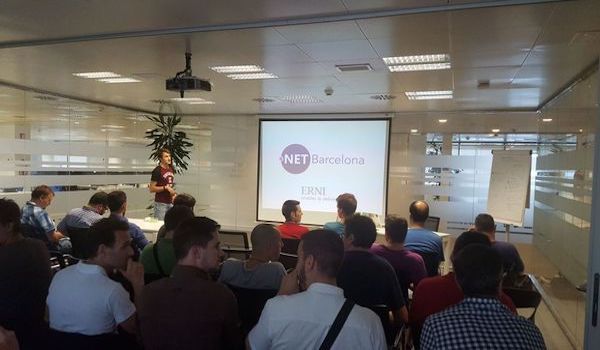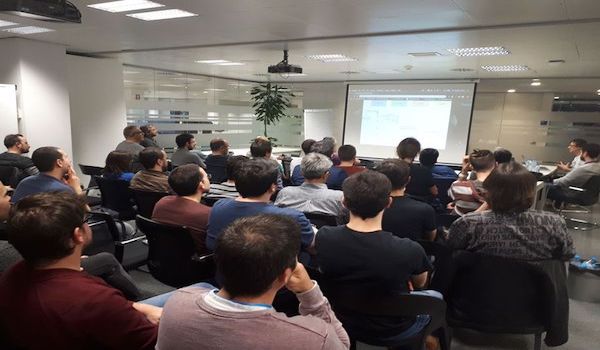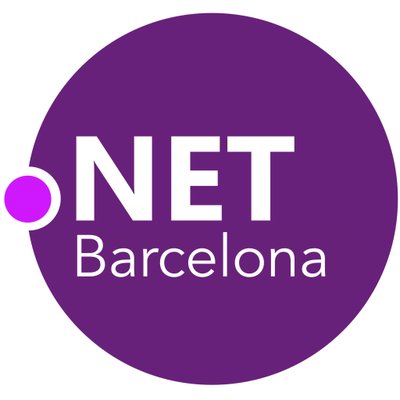Workshop: From Design Patterns to universal abstractions
Would you like to write readable code? Code that you can understand a year later?
Code that your co-workers can understand?
Most programmers try to ‘invent’ abstractions from scratch. This is an elusive goal. It requires a level of
foresight rarely available. What if, instead, you could use existing, universal abstractions?
For decades, programmers have dreamt of being able to assemble software from building blocks, like Lego
bricks. In order to do this, such building blocks must be composable, like Lego bricks. What makes an
abstraction composable?
It turns out that lambda calculus, abstract algebra, and category theory can teach us about composability
and other fundamental abstractions of programming. Furthermore, it turns out that some of the most important
design patterns in the Gang of Four book are special cases of such universal abstractions.
Framing programming abstractions in mathematical terms has some advantages, one of which is that we get
objective laws that we can use to test our assumptions. You can, for example, use such laws to determine
whether an abstraction is composable – even in object-oriented programming!
In this workshop, you’ll learn some objective criteria to determine whether a design is composable, and when
various design patterns apply. No special background in mathematics is required.
The workshop will include a combination of lecture and exercises, including hands-on programming exercises.
Successful participation in the workshop should enable you to use universal abstractions in your source
code. As always, no silver bullet is implied. You will learn about universal abstractions, but it will not
magically make all your code instantly perfect.
Intended Audience
This workshop is for object-oriented programmers curious about functional programming and the mathematical
foundations of programming. You’ll see F# and Haskell code examples during the workshop, but you don’t
have
to know these language; you’ll learn what you need along the way.
Prerequisites
The fanciest C# features you’ll use is generics, so programmers with only passing familiarity with C# may be
able to participate as well.
Computer Setup
You’ll need to bring your own programming environment capable of compiling and running C# code on .NET Core, as well as xUnit.net-based unit tests. You’ll also need a Git client.
